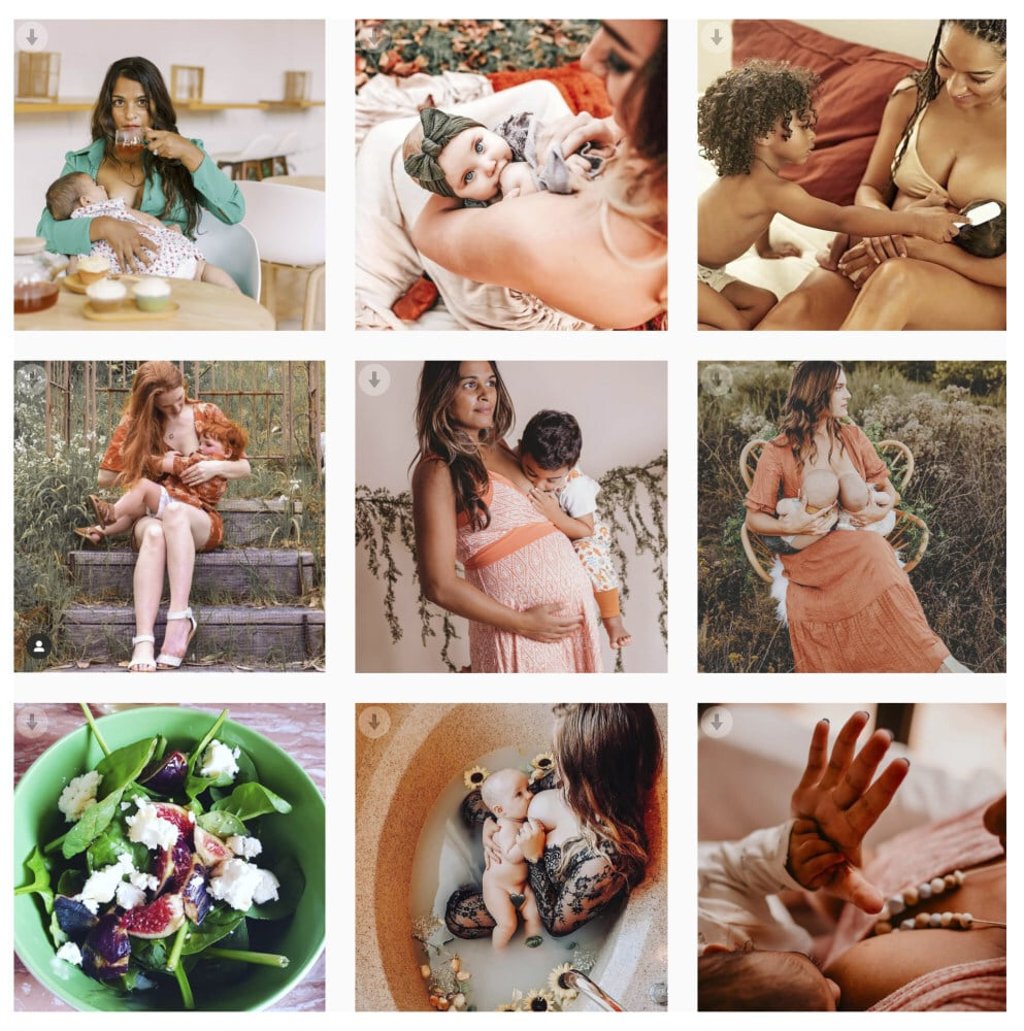Advertisement
World Breastfeeding Week 2021: new Hong Kong laws are changing attitudes but there is still a long way to go, says campaigner
- Hong Kong’s sex discrimination law was recently extended to cover nursing mothers, but more still needs doing to encourage breastfeeding, mothers say
- They say hospital staff are still more concerned about modesty than helping new mothers nurse, and once mothers leave hospital they receive minimal support
Reading Time:4 minutes
Why you can trust SCMP

Hong Kong-based mother-of-three Liz Thomas has been harassed for breastfeeding in public. She’s not alone.
A 2016 poll by Unicef, the United Nations’ children’s fund, found 40 per cent of women who have breastfed in public in Hong Kong have reported suffering complaints or unpleasant experiences. But Thomas says progress is being made.
In June this year, the law against sex discrimination in Hong Kong was amended to cover breastfeeding women.
Advertisement
“What’s key here is that breastfeeding is now included in discrimination laws, which means you cannot refuse to provide goods or services or facilities just because someone is breastfeeding,” says Thomas.

“It’s absolutely unlawful for businesses – restaurants, bars, hotels, and so on – to direct people to feed or pump in the toilets.”
Advertisement
Advertisement
Select Voice
Select Speed
1.00x